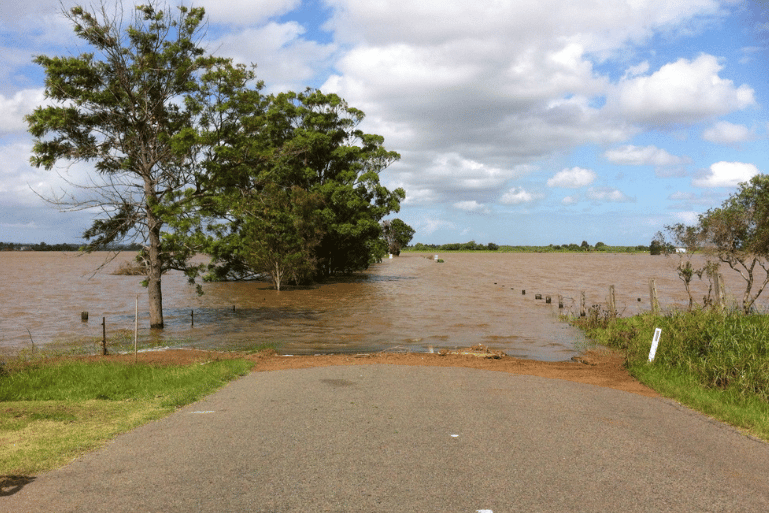The key to having an effective disaster plan is to make sure that the business is prepared for anything. Before any potential events occur, there are several steps that must be taken in order to ensure a smooth transition should something happen.
WHAT TO DO
- It’s important to identify all critical systems and data within the business and develop a comprehensive backup plan. This includes regularly backing up all databases, documents, software programs, operating systems, etc. It’s also important to keep both hard copies of data as well as digital copies stored offsite or online in case of physical damage (fire, floods etc) or theft.
- Businesses should periodically test their backup plans by conducting simulated failovers. This allows businesses to ensure that everything runs smoothly and that all data is properly backed up and can be easily accessed in the event of an emergency. Testing should be done on a semi-regular basis to ensure everything is functioning as expected.
- Businesses should also create an emergency notification system for their staff and customers. This includes having a communication plan in place for how employees will be notified of any emergencies, as well as any instructions they should follow. It’s also important to make sure that customers are aware of the situation and how it may affect their ability to use your services.
- Businesses must be prepared to take immediate action in the event of an emergency. This means having all necessary supplies and equipment on-hand and ready to go, as well as a plan for how the business will respond to an emergency.
Taking the necessary steps now can help ensure that your business is prepared should a disaster occur.
By properly preparing and testing backup plans, creating a communication plan for customers and staff, and ensuring that the business is ready to take action in an emergency, businesses can minimize the impact of any potential disasters.
